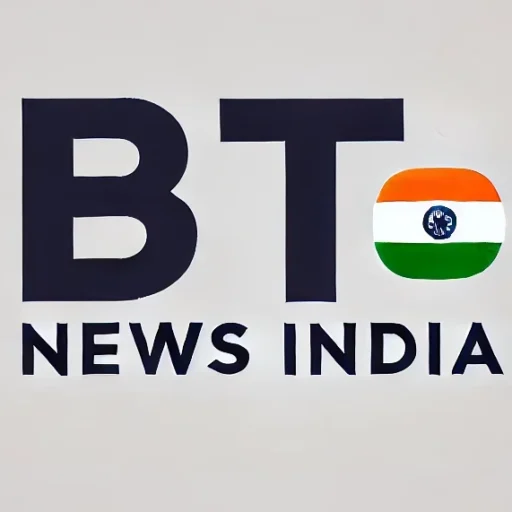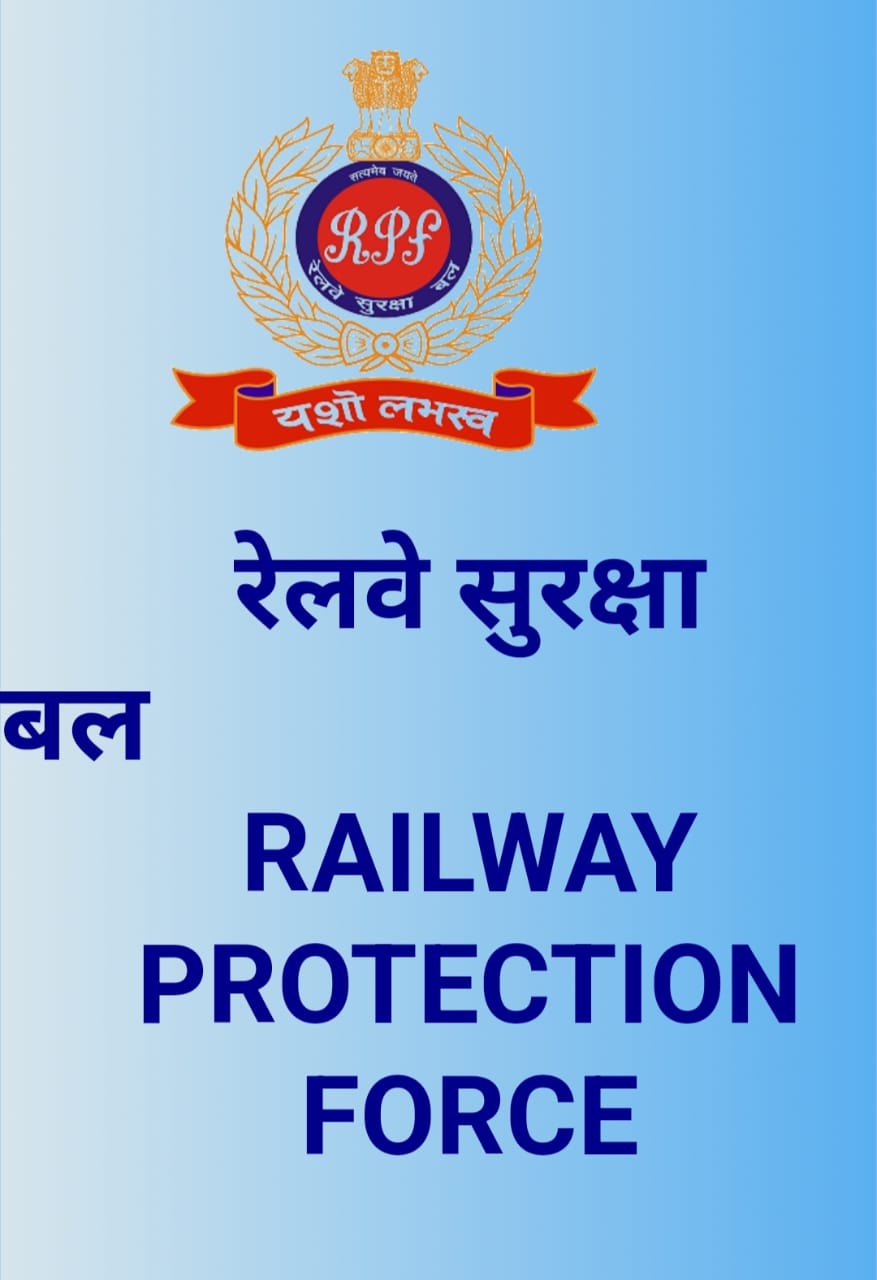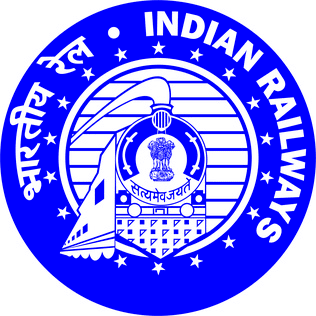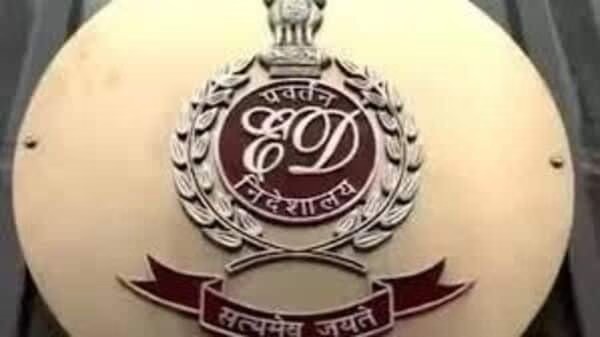An article by Munawwar Khurshid, Inspector General, RPF, SECR, Bilaspur (Chhattisgarh) on the occasion of International Women’s Day
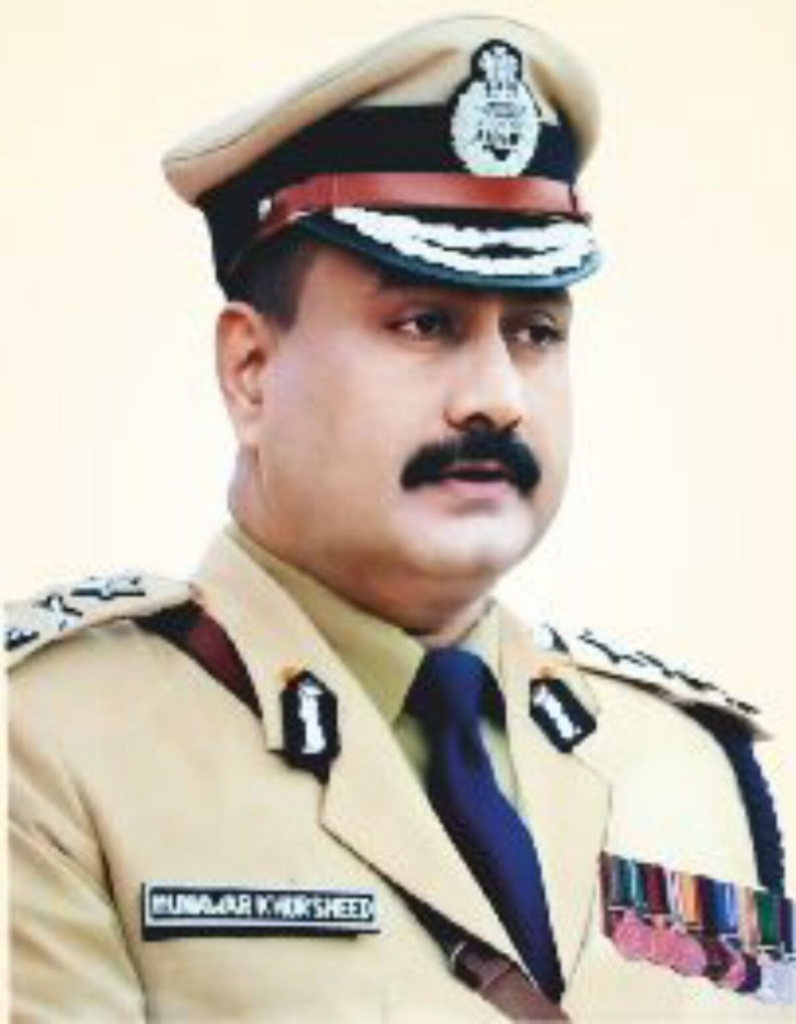
Introduction
International Women’s Day (IWD) is celebrated every year on March 8. In India, its roots trace back to the independence movement and early feminist struggles led by pioneers like Sarojini Naidu and Kamaladevi Chattopadhyay. Post-independence, the Indian Constitution granted equal rights to women, yet challenges such as gender discrimination, domestic violence, workplace difficulties, and traditional biases persisted. The recognition of IWD by the United Nations in 1975 further emphasized its significance in India, turning it into a platform to celebrate women’s achievements and advocate for their rights.
However, issues like gender-based violence, pay disparity, lower workforce participation, and limited access to education and healthcare remain prevalent.
Significance
In India, Women’s Day serves as an opportunity to honor trailblazing women who have shattered barriers in various fields. It also raises awareness about the struggles faced by women from rural, Dalit, and tribal communities. The day promotes education, economic independence, and legal reforms while challenging patriarchal norms. Campaigns, seminars, and social media movements like #BreakTheBias amplify the call for gender equality.
Challenges Faced by Women
- Gender Pay Gap: Women earn 20-30% less than men for the same work.
- Limited Access to Education: Many girls in rural areas are denied education due to poverty and societal norms.
- Underrepresentation in Leadership: Only 14% of Indian parliamentarians are women.
- Unequal Access to Healthcare: Women often face barriers in accessing reproductive health services.
- Digital Divide: Rural women have limited access to technology and the internet.
Problems Faced by Women Outside Their Homes
Harassment and Violence in Public Spaces: Women frequently face eve-teasing, catcalling, and physical assault.
Safety Concerns in Public Transport: Many women feel unsafe while traveling on buses and trains.
Workplace Discrimination: Women often experience gender bias and sexual harassment at work.
Lack of Sanitation Facilities: The absence of clean public toilets affects women’s health.
Cultural and Social Restrictions: Women’s mobility and public participation are often restricted.
Economic Exploitation: Women in informal sectors endure low wages and long working hours.
Cyber Harassment: Women are subjected to online abuse and cyberbullying.
Discrimination in Education and Sports: Girls are often discouraged from pursuing higher education and participating in sports.
Challenges of Train Travel for Women
Security Concerns: Women frequently encounter harassment and theft.
Inadequate Facilities: Dirty toilets and lack of dedicated women’s coaches pose major issues.
Overcrowding and Lack of Privacy: Women traveling in general compartments face discomfort.
Safety During Long-Distance Travel: Women feel unsafe, especially while traveling at night.
Delayed Emergency Assistance: Response to harassment or medical emergencies is often slow.
RPF Initiatives for Women’s Safety in Railways
Meri Saheli Initiative: Ensures the safety of solo female travelers.
Shakti, Durga, and Devi Squads: Special teams to prevent crimes against women.
Operation Nanhe Farishte: Rescuing missing and trafficked children.
Nirbhaya Fund Projects: Installation of CCTV cameras and panic buttons.
139 Railway Helpline: 24×7 emergency support.
Akshita Safe Bubble: Secure waiting areas for women.
Operation Matru Shakti: Assistance for pregnant women; helped with 174 childbirths in 2024.
Operation Jeevan Raksha: Saved 3,384 passengers in January 2024.
Operation Dignity: Rescued 4,047 individuals in 2024, including 1,607 women.
Conclusion
International Women’s Day highlights both the progress and challenges faced by women in India. RPF initiatives have improved women’s safety in railways, but much remains to be done to achieve true gender equality and empower
